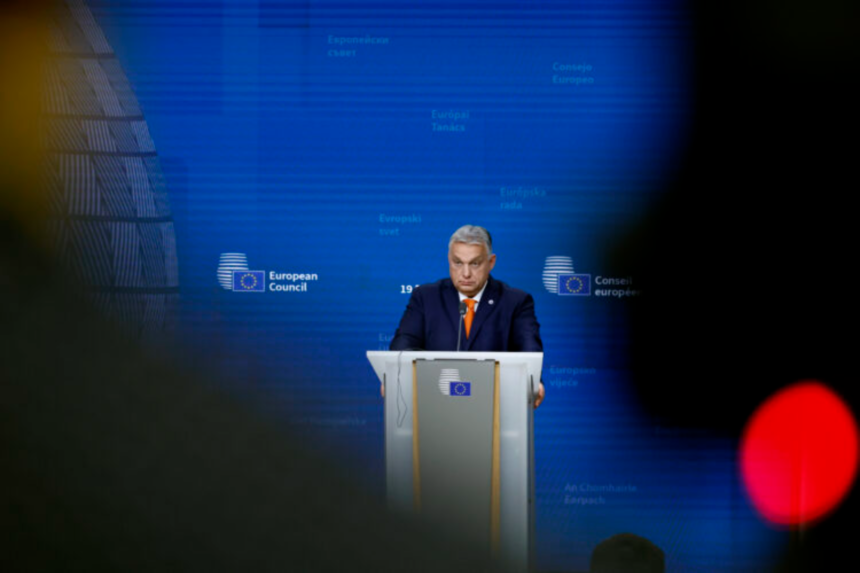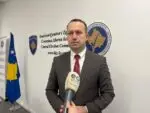Hungarian Prime Minister Viktor Orban defended his country’s presidency of the European Union, calling it a success despite ongoing criticisms about Hungary’s isolation within the bloc. Speaking at his annual media conference on Saturday, Orban emphasized that the presidency was focused on crucial issues such as the war in Ukraine, the Schengen area, and EU competitiveness, while also pointing out the challenges Hungary faced due to “serious and deep disagreements” within the EU regarding its approach to the conflict.
Orban began the conference by expressing condolences to the families of the victims of the Christmas market attack in Magdeburg, Germany, asserting that such incidents have become more common since the European migration crisis began. He stressed that Hungary must continue resisting change in an increasingly volatile world.
When addressing the claims that Hungary was isolated during its EU presidency, Orban countered, saying that he did not perceive any isolation, as “half of the world” had visited Hungary. He highlighted that the country had organized the largest diplomatic event in its history, showcasing its global diplomatic reach.
Orban stated that Hungary’s presidency was characterized by its focus on policymaking rather than “bureaucratic” processes. He acknowledged that the ongoing war in Ukraine had been a central focus of the presidency but noted that Hungary had limited room to maneuver due to the deep divisions within the EU regarding the strategy to address the conflict.
Despite these challenges, Orban insisted that Hungary was right to initiate a peace mission, aiming to find a diplomatic solution to the war. “We were different from other EU presidencies, which led to some debates, but today no one denies that Hungary was right,” Orban said.
His leadership, however, has drawn criticism from both inside and outside the EU. Transparency International recently labeled Hungary as the most corrupt member state, and the EU has frozen a portion of Hungary’s funds due to concerns over the independence of its institutions.
In the early days of Hungary’s presidency, Orban visited Chinese President Xi Jinping, Russian President Vladimir Putin, and Ukrainian President Volodymyr Zelensky. He faced criticism for not being authorized to represent EU member states in these talks, and the subsequent escalation of Russia’s brutal attacks demonstrated the challenges of Hungary’s approach.
As Hungary wraps up its EU presidency, Orban’s defense of his country’s diplomatic actions underscores the tension between national sovereignty and EU cohesion, particularly as the bloc grapples with internal disagreements over Ukraine and broader geopolitical challenges.






